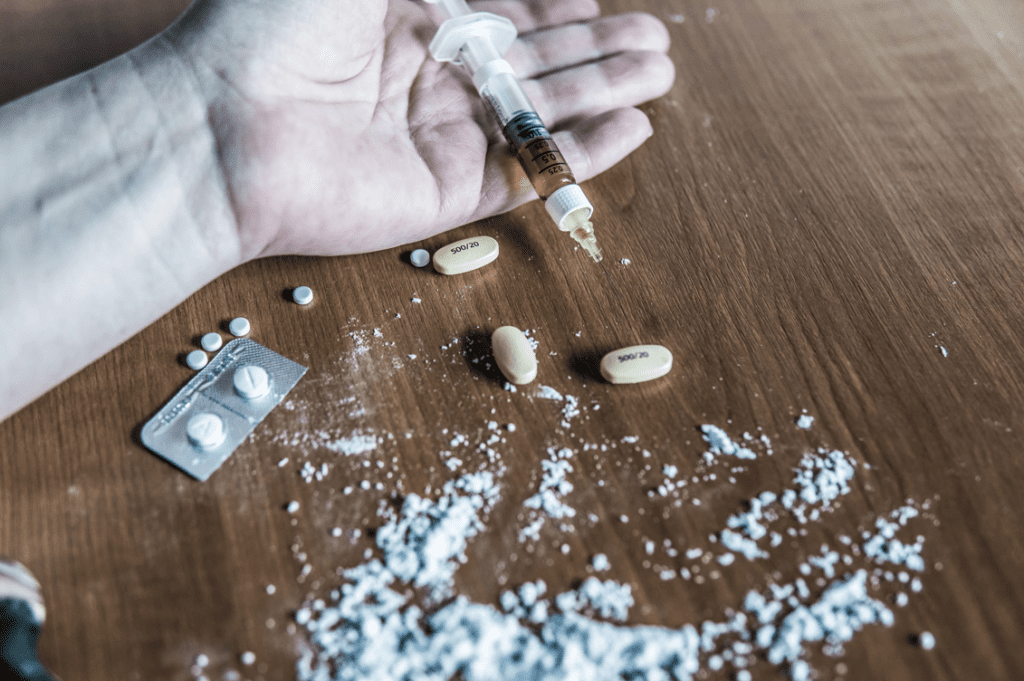Fentanyl is one of the most dangerous opioids today. Its potency makes it easy to misuse and extremely difficult to stop without help. Because fentanyl is often mixed with other substances or pressed into counterfeit pills, many people don’t realize how much they’re consuming until dependence has taken hold. This is why seeking professional care at a center like a Dallas Drug Rehab is so important—without medical and therapeutic support, the risks of relapse and overdose remain very high.
Medication-Assisted Treatment for Safer Recovery
Recovery programs frequently rely on medication-assisted treatment (MAT) to help patients transition away from fentanyl safely. Buprenorphine, Suboxone, and other medications ease cravings and withdrawal symptoms, making the early stages of recovery more manageable. Some centers also use innovative approaches such as micro-dosing methods that gradually adjust tolerance levels.
Long-acting medications like Sublocade or naltrexone injections are also valuable tools for relapse prevention. These treatments, when combined with counseling, help people regain stability and lower the risk of overdose. For individuals who want specialized support in Texas, a Dallas Drug Rehab facility that incorporates MAT into its programs can provide the level of care needed to address this powerful addiction.
The Role of Counseling and Support
Medication is only one part of fentanyl treatment. Therapy addresses the root causes of substance use—stress, trauma, depression, or anxiety. Individual sessions, group counseling, and family involvement allow patients to explore how addiction has shaped their lives and relationships. With professional guidance, they learn new ways to manage stress and develop healthier coping mechanisms.
Even in alcohol-related recovery programs, therapy is critical. Many people who turn to a Dallas alcohol rehab also struggle with opioids, whether simultaneously or at different times in their lives. A rehab that treats both alcohol and fentanyl misuse can create stronger, more tailored recovery plans.
Flexible Options: Inpatient, Outpatient, and Telehealth
Treatment looks different for everyone. Inpatient rehab offers structure, round-the-clock care, and an environment free from outside triggers. Outpatient care allows patients to continue working or caring for family while receiving therapy and medical supervision. Telehealth options, increasingly popular in fentanyl recovery, give patients access to counseling and follow-up care from home.
Residents of Texas often benefit from starting in a structured program at a Dallas Drug Rehab, then transitioning to outpatient or telehealth options for continued support. This step-down model builds confidence and independence while still providing accountability.
How Long Does Treatment Last?
There’s no single timeline for fentanyl recovery. Some may stabilize in a few weeks, while others require months of intensive therapy and maintenance medication. Factors such as how long fentanyl has been used, whether other substances are involved, and the presence of mental health conditions all play a role.
Alcohol often complicates recovery timelines. Those who attend a Dallas alcohol rehab that also treats opioid dependence usually spend longer in care, since both addictions and mental health challenges need to be managed simultaneously. The extended time, however, greatly improves chances for lasting sobriety.
Aftercare and Long-Term Stability
Completing a rehab program is just the beginning. True recovery requires aftercare: continued therapy, peer support groups, sober living arrangements, and relapse prevention planning. Without these steps, the risk of falling back into old habits is high.
That’s why a comprehensive Dallas Drug Rehab or Dallas alcohol rehab will build an aftercare plan customized for each individual. Whether through weekly counseling sessions, medication check-ins, or group support, ongoing involvement ensures recovery remains strong long after formal treatment ends.
Moving Forward with Hope
Fentanyl addiction can feel overwhelming, but it doesn’t have to define your future. With evidence-based treatments, therapy, and long-term support, recovery is within reach. Whether you seek help through a Dallas Drug Rehab for opioid dependency or a Dallas alcohol rehab for alcohol and dual-substance challenges, taking that first step is the most important part of reclaiming control. Healing begins when you reach out—and it can lead to a healthier, more stable, and fulfilling life.




